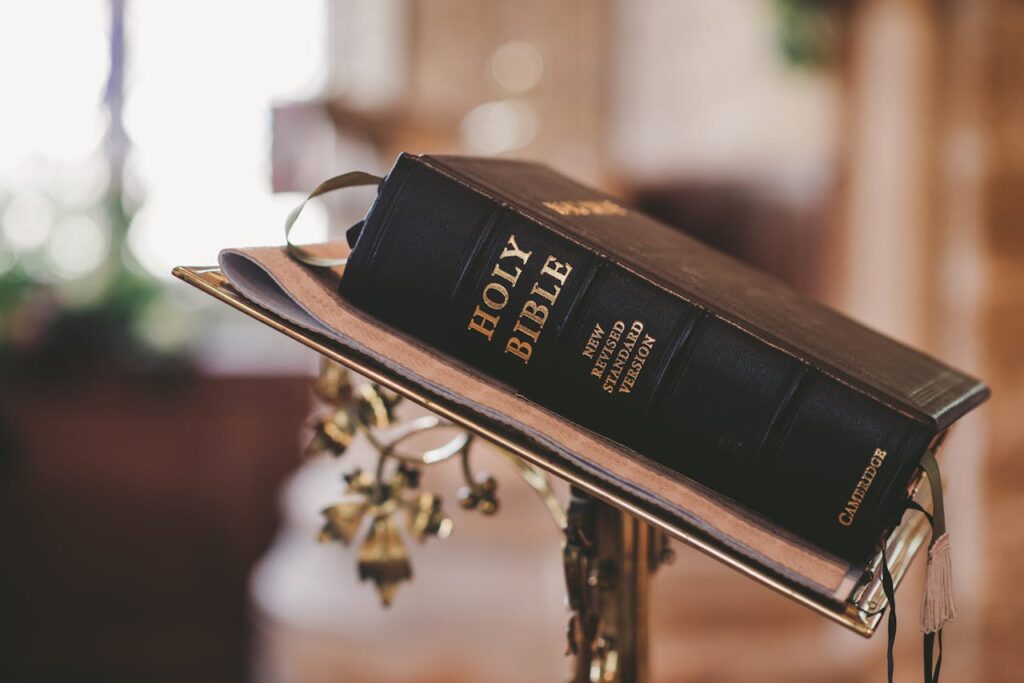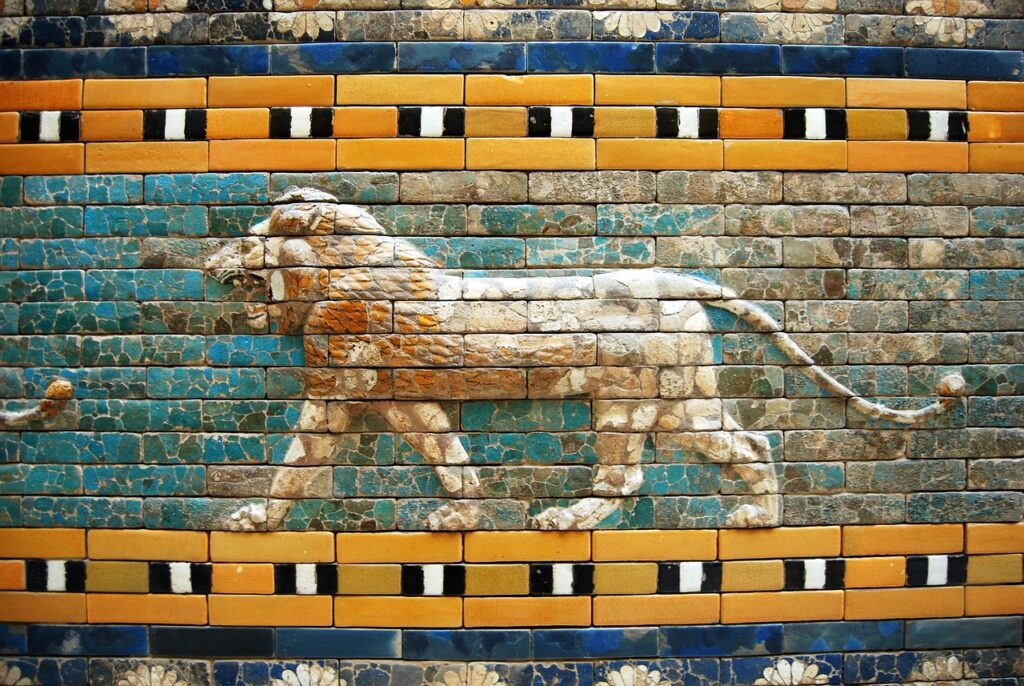I believe there is a big difference between education and schooling, everyone indeed deserves a right to go to school. However, when it comes to missionaries, they ought not just to be sent to school but to be educated. We have so many missionary training schools all over the globe, but quantity does not always mean quality. So, then what kind of education should missionaries receive?
The word missionary here is about the spiritual gift rather than a casual job as a missionary. We want to discover the right kind of education received back in the early settlement of Israelites in canaan. Maybe we should begin with a question, Did the Israelites have established schools? And what was the purpose of such schools themselves?
Let’s begin with the first question, Did the Israelites have schools? The quick answer to the question is yes. They were called the school of the prophets, where do we find such in the Bible? Let’s turn to one of the prophetic books found within the Bible. Daniel. Daniel wrote this book in captivity, In the book he explains the King’s strategy of building a worldwide kingdom. In conquering Jerusalem, the king gave specific instructions on who should be brought to Babylon. From these instructions we answer our question of whether there were schools of prophets in Israel, note the instructions.

Dan 1:3-4 “And the king spake unto Ashpenaz the master of his eunuchs, that he should bring certain of the children of Israel, and of the king’s seed, and of the princes;4 Children in whom was no blemish, but well favoured, and skilful in all wisdom, and cunning in knowledge, and understanding science, and such as had ability in them to stand in the king’s palace, and whom they might teach the learning and the tongue of the Chaldeans. (KJV BIBLE)
This description of the children that should be carried to Babylon is not a description of uneducated fools. These are educated children. That means Daniel and his three companions obtained an education that enabled them to pass the examination required by King Nebuchadnezzar successfully.
Then where did they receive an education that made them “skillful in all wisdom, cunning in knowledge, and understanding science;” and which gave them the “ability” to stand before the king? Without hesitation it can be answered, In the “school of the prophets,” the divinely-established schools in Israel. A.T JONES. In His Book The Place of the Bible in Education says.
“There was at that time a “college,” or “school of the prophets,” in Jerusalem. For in the eighteenth year of Josiah, king of Judah, which was only fifteen years before the captivity of Daniel, there is a clear record of such a school in Jerusalem. In the eighteenth year, of Josiah, while at his command the temple was being cleansed and repaired from the abominations of Manasseh and Amen, a copy of the Pentateneh, or “book of the law of the Lord of Moses,” was found by Hilkiah the priest.”
From the Bible record, Hilkiah delivered the book to Shaphan the scribe, then Shaphan carried the book to the king, and read it before the king. “And it came to pass, when the king had heard the words of the law, that he rent his clothes,” and commanded Hilkiah the priest, and Shaphan the scribe, and others, “Go, inquire of the Lord for me, and for them that are left in Israel and in Judah, concerning the words of the book that is found.” “And Hilkiah, and they that the king had appointed, went to Huldah the prophetess. 2 Kings.22:8-14
We that the prophetess dwelt in Jerusalem in the college [margin, “in the school”]; and they spoke to her concerning the matter. This college in Jerusalem, in which “dwelt” the prophetess is what they always called the school of the prophets. They gave the name to those schools because the Prophets dwelt within the school, and were, under God, the head of the school.
This fact is revealed in the two other instances in which they are mentioned: in 1 Sam. 19:20 “the company of the prophets” was seen, and “Samuel standing as appointed over them.” In 2 Kings 6:1-6 we meet again “the sons of the prophets,” and Elisha the prophet is dwelling with them; for they said to Elisha, “The place where we dwell with thee is too strait for us.”
Ellen G White is probably my best Christian writer and I believe a prophetess of God too, she gives more enlightenment about the establishment of such schools and why where they were established.

” To meet this growing evil, God provided other agencies as an aid to parents in the work of education. From the earliest times, prophets had been recognized as teachers divinely appointed. In the highest sense the prophet was one who spoke by direct inspiration, communicating to the people the messages he had received from God. But the name was given also to those who, though not so directly inspired, were divinely called to instruct the people in the works and ways of God. For the training of such a class of teachers, Samuel, by the Lord’s direction, established the schools of the prophets. {Ed 46.1}
Ellen.G.White
In Samuel’s day, there were two of these schools,–one at Ramah, the home of the prophet; and the other at Kirjath-jearim, where the ark then was. Two were added in Elijah’s time, at Jericho and Bethel, and others were afterward established at Samaria and Gilgal. (Review and Herald, 1900)
”
So, then it’s well-established the school of the prophets existed when the Israelites settled in Canaan. The first person to confidently establish them as public schools is Samuel under the direction of God, now we can answer the next question, what was the purpose of these schools? As we stated above in the book Education by Ellen. G. White, the schools were an agency to meet the growing evil, but this can be a wide term to understand, what does the writer mean when she says “to meet the growing evil”?
There is no doubt she is referring to the philosophy of education of the time. You see, when God brought the Israelites out of Egypt, they were to conquer and destroy all the inhabitants of the land of Canaan, but, because of human reasons, they did not accomplish this, they left some inhabitants later whose form of education and culture influenced their children too, they received a worldly philosophy of education. In establishing the schools of the prophets, God wanted to give Israel a strong foundation of the divine philosophy of education.
And on this foundation, seventh-day Adventist missionaries should build. Maybe to fully comprehend the relationship between the education received in the schools of the prophets and the kind of education Seventh-day Adventist missionaries should receive, we must explore its philosophy and see how it fits with the calling of a missionary.
How does this education help missionaries to examine reality from nonreality? (Ontology)
One may ask, how did this kind of education help the Israelites distinguish between right and wrong, were they able to tell between reality and non-real? You see missionaries always end up working in diverse cultures, facing different world views and sometimes they need to understand or be able to distinguish between right and wrong.
Sometimes we design our curriculums to include the aspects of critical thinking and problem analysis. But I would say, if we are to train missionaries to be able to distinguish between fake and genuine currencies, we wouldn’t focus on educating them about all the counterfeit currencies on the market, we would focus on educating them about the genuine, and as they behold the true currency, they become more and more familiar with that which is genuine.
In the school of the prophets, they understood that human reasoning and discernment needed divine help, the children were implanted with truth, and when times of diversity came, they could tell between right and wrong. A good example is Daniel and his three friends. From their example, we can see what was included in the education they received.

Dan 1:3-4 “And the king spake unto Ashpenaz the master of his eunuchs, that he should bring certain of the children of Israel, and of the king’s seed, and of the princes;4 Children in whom was no blemish, but well favoured, and skilful in all wisdom, and cunning in knowledge, and understanding science, and such as had ability in them to stand in the king’s palace, and whom they might teach the learning and the tongue of the Chaldeans.
characteristics of the description of the kind of children the king ordered to bring.
- “No blemish” and “well favored.” This would require that they should be physically sound, in other words, well-built and symmetrical physically.
- Skilfull in all wisdom. Heb. חכמה chokmâh the words translated “wisdom,” “knowledge,” and “science,” in verse 4 — Hebrew daath, madda, and chokmah — are closely related, though the second is an extension of the first, and the third an extension of the second. The word translated “wisdom” signifies “knowledge, understanding, and intelligence.” It implies the faculty to discern what is valuable knowledge, and the ability and capacity to acquire such knowledge.
- Cunning in knowledge. Heb. דּעת (da‛ath) The word translated “knowledge” relates to “the mind or thought,” and implies knowledge acquired by thinking and application.
- Understanding science. Heb. מדּע / מדּע ( maddâ‛ / madda‛) The word translated “science” signifies “skill, dexterity, sagacity, shrewdness, ability to judge;” and is well translated in our word “science,” which signifies “skilful in knowledge.” It implies a selected and systematized knowledge.
- Ability to stand in king’s palace. âmad This means that mean of integrity with firm character, in simple words they possessed what we may public influence. From this, we can conclude the characteristics of the men King Nebuchadnezzar was looking for.

Skillful in discerning what is valuable knowledge, and skillful in the ability to acquire such knowledge.
Cunning in the acquisition of knowledge by thinking and application.
Understanding how to correlate, classify, and systematize the knowledge which they had the faculty to discern was valuable knowledge, and which they were cunning in gathering.
Must have “ability” in all the above things and be an influence on others.
To put it clearer, what they knew was not to be mere head-knowledge; or just memorized theories but they must have the faculty of observation and adaptation so trained that what they had learned could be practically applied in their experience in everyday affairs. For they were to help the king conquer more kingdoms. so, this qualified them to be practical men wherever they were, they could adapt themselves to any circumstance or situation, and be the master and not the slave of either circumstance or situation.
Where could Daniel and his three friends have received such an education apart from the school of the prophets? This kind of education in the schools of the prophets qualified them for diversity. If missionaries received this kind of education, then indeed their call would be fulfilled, truly it would help them distinguish reality from nonreality.
We see plainly that the education received in the school of the prophets covered the metaphysics of philosophy, this education God desires His missionaries to receive in the missionary training institutions. Its metaphysics (origins) should have no other foundation than that of heaven.

No responses yet